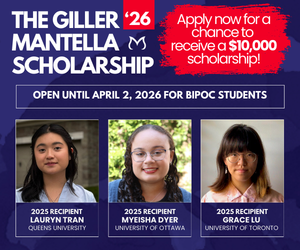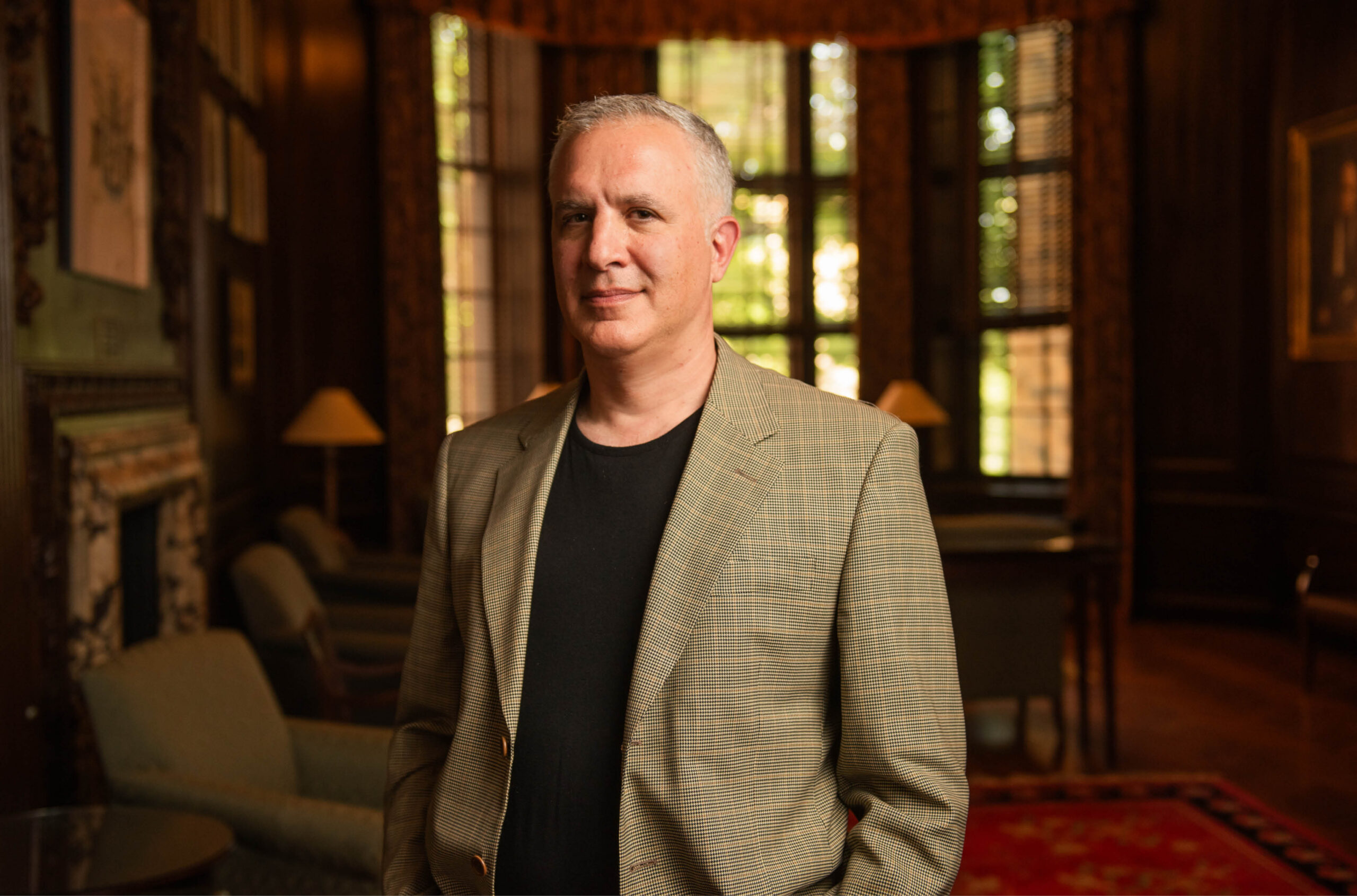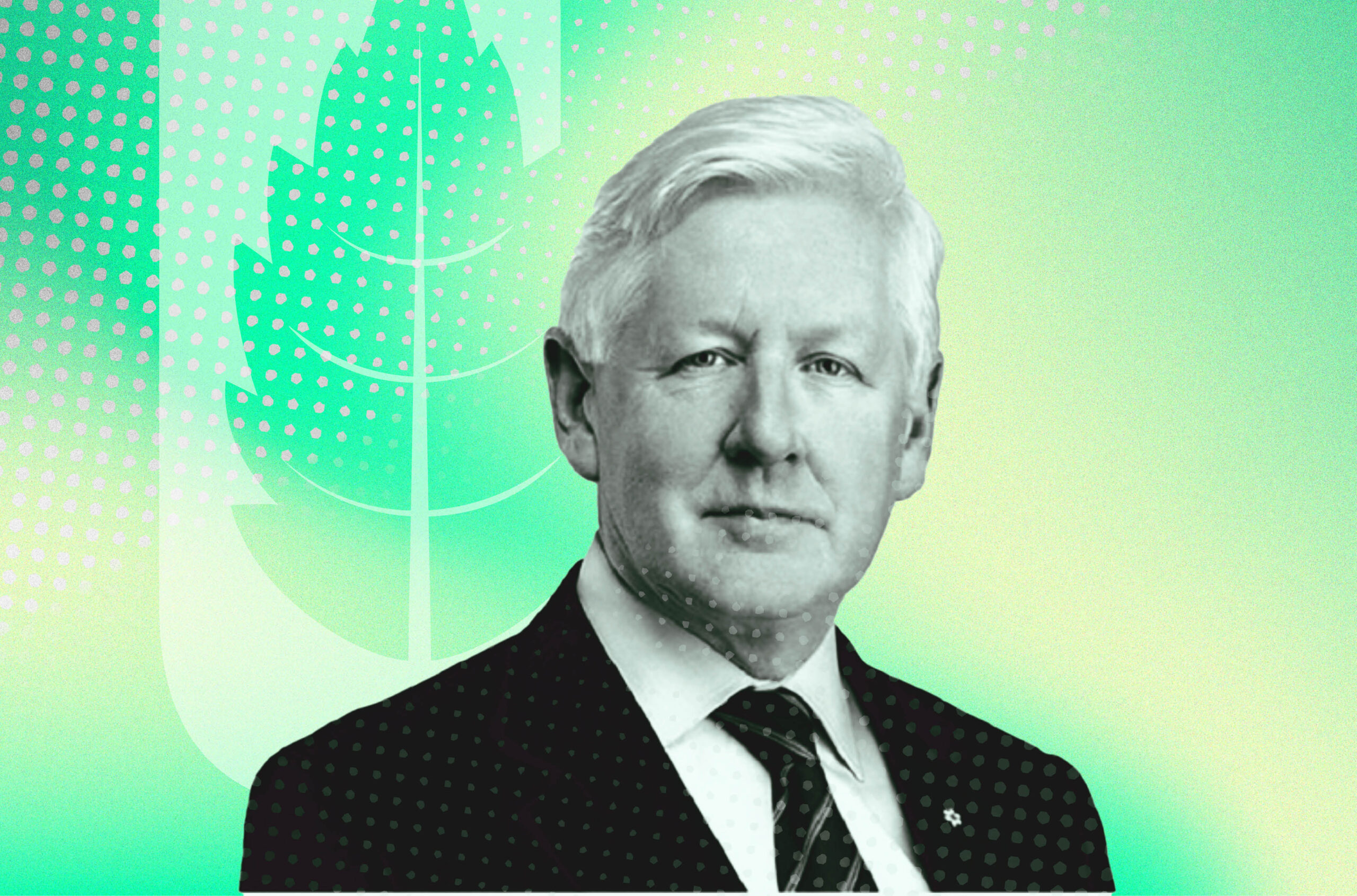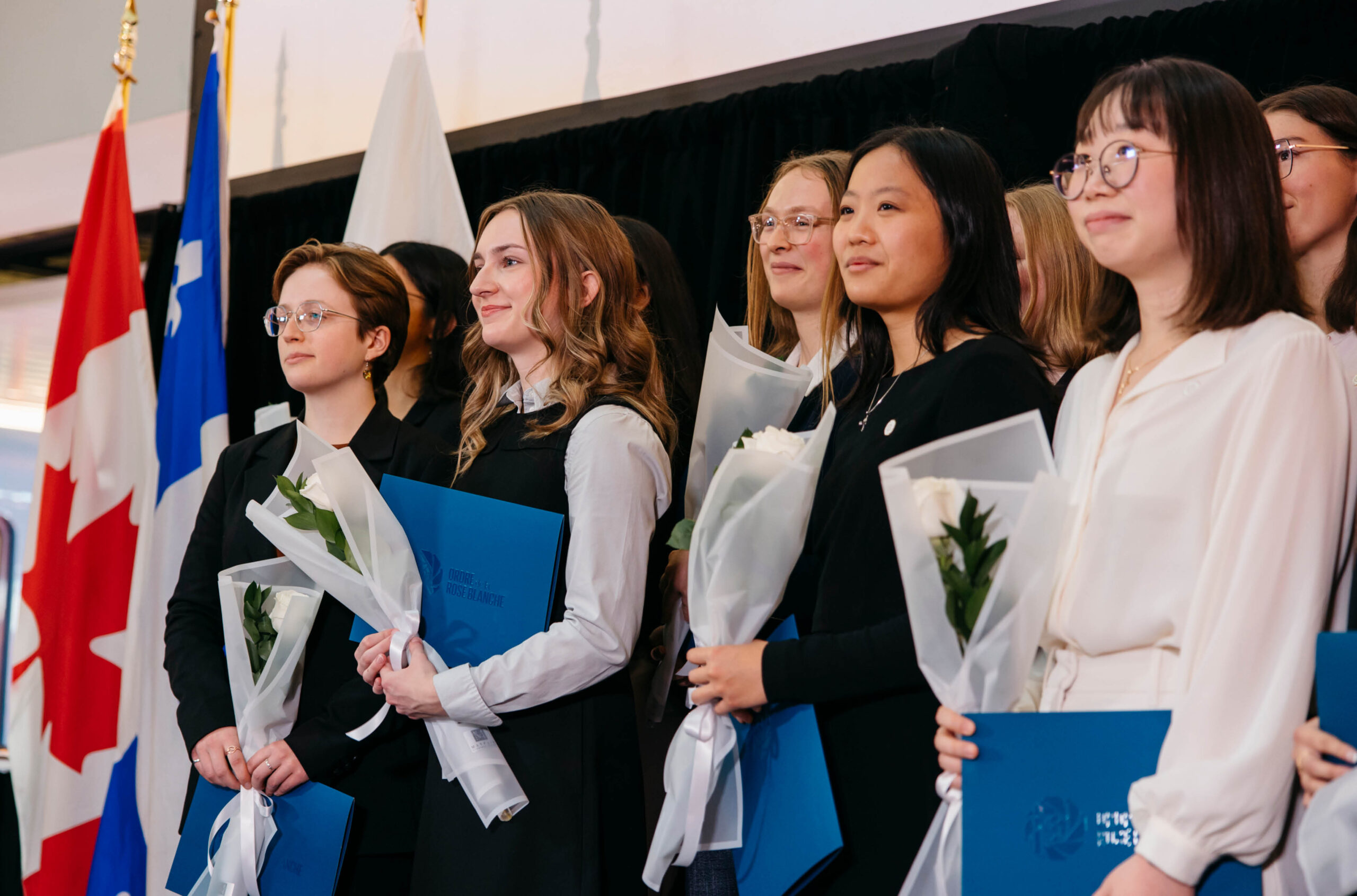Inclusivity and our fundamental rights
Interference in research is putting academic freedom and open science in jeopardy.

In the aftermath of the Second World War, a major body of laws was adopted to guarantee civil, political, economic, social and cultural rights to everyone, regardless of their birthplace, race, religion, gender, sexual orientation, nationality, or social status. The debate over the universality of human rights—historically focused on whether these rights transcend cultural barriers—might seem defunct, but the right to access and democratize knowledge remains a pressing concern. As equity, diversity, and inclusion (EDI) initiatives in academia are being challenged, the debate over knowledge rights seems all the more pertinent. Some argue that EDI initiatives hinder academic excellence—an argument that led to growing divisions within the academic community, based on gender, sexual orientation, race and disability.
The academic community has strongly condemned recent encroachments on freedom of research, which raises a critical question: can EDI criteria promote true equal opportunity without undermining scientific independence?
In academia, equal opportunity is baked into the principle of open science. Issued in 2021 in the context of the COVID-19 pandemic, the UNESCO Recommendation on Open Science identifies open science as a movement to “transform scientific practice to adapt to the changes, challenges, opportunities and risks of the digital era and to increase the societal impact of science.” UNESCO emphasizes that “the collaborative and inclusive characteristics of open science allow new social actors to engage in scientific processes, including through citizen and participatory science.” Open science thus contributes to the democratization of knowledge, the fight against misinformation and the promotion of scientific dialogue between researchers on major societal challenges. (UNESCO, 2021).
Today, open science is in jeopardy . Projects focused on equity and the environment are facing a high degree of uncertainty. In the United States, recent constraints on international researchers, halted research projectsand interference in academic research (including the invasive questionnaires sent to Canadian and Quebec researchers with US funding) have caused serious concern. These measures undermine the very principles of open science.
In Canada, considerable efforts have been made over the past 15 years to root out discrimination in academia. Prioritizing equity in decision-making has created more space for underrepresented scholars.
Where does one draw the line between the implementation of EDI criteria and potential encroachments on freedom of research? This is the critical question driving debates on hiring and the allocation of Canada Research Chairs. As the field of research evolves, I find myself reflecting on the values and principles that shape science on a global scale.
Shouldn’t those of us who pour our energy into research in the name of open science also be concerned with equal opportunity— not just for the sake of diversity within the scientific community, but also to ensure our researchers have a wide range of backgrounds and perspectives? Should we not be concerned about the ethics underlying our scientific work?
As open science and academic freedom come under increasing pressure around the world, science diplomacy offers a powerful tool to respond. Sitting at the crossroads of foreign policy and knowledge production, science diplomacy combines international dialogue with academic excellence. It can help safeguard the global circulation of knowledge, protect academic freedoms, and ensure that diverse voices, especially those from underrepresented backgrounds, remain part of the scientific conversation.
Featured Jobs
- Director of the McGill University Division of Orthopedic Surgery and Director of the Division of Orthopedic Surgery, McGill University Health Centre (MUHC) McGill University
- Engineering - Assistant Professor, Teaching-Focused (Surface and Underground Mining)Queen's University
- Anthropology of Infrastructures - Faculty PositionUniversité Laval
- Soil Physics - Assistant ProfessorUniversity of Saskatchewan
- Human Rights - Assistant Professor (Expertise in Human Rights related to Artificial Intelligence and Digital Security)University of Winnipeg
















Post a comment
University Affairs moderates all comments according to the following guidelines. If approved, comments generally appear within one business day. We may republish particularly insightful remarks in our print edition or elsewhere.